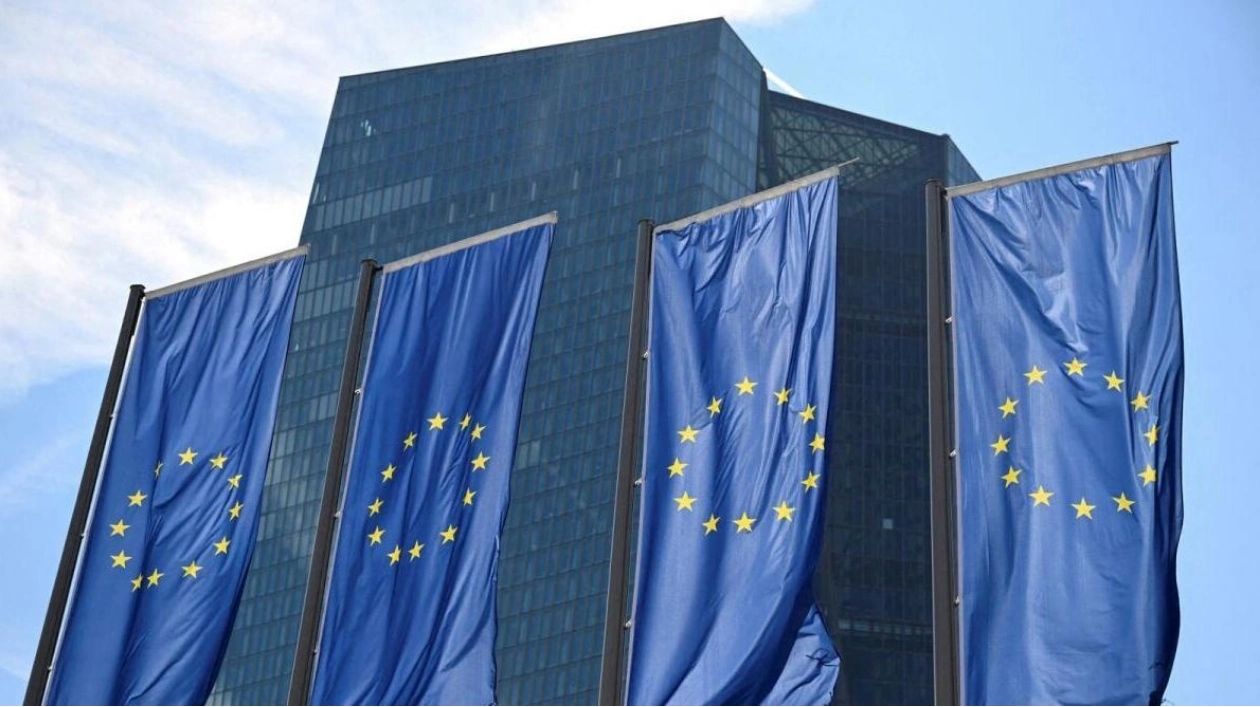Euro area government bond yields increased slightly on Monday following cautious remarks from European Central Bank officials about potential future monetary easing. Investors are waiting for crucial economic data later this week. The bloc's borrowing costs decreased on Friday after Federal Reserve Chair Jerome Powell indicated support for a strong labor market, which heightened expectations for a significant 50 basis points (bps) rate cut next month.
Investors are anticipating euro zone inflation figures on Friday, following data releases from Italy and France. Germany and Spain will release their data on Thursday. German business morale declined to 86.6 in August, with analysts surveyed by Reuters predicting 86.0. Germany's 10-year bond yield, a benchmark for the euro zone, rose by 0.5 basis points to 2.23 percent, after falling by 2 bps on Friday.
Traders have fully priced in a 25 bps cut from the Fed in September for weeks and increased bets on a 50 bps cut to 39 percent from 24 percent following Powell's remarks. Analysts believe that significant repricing in bond yields is unlikely before the August employment report, due on September 6, as Powell's speech at Jackson Hole shifted attention from inflation risks to labor market risks.
Employment reports will be particularly important in determining the policy direction, according to David Doyle, head of economics at Macquarie, which forecasts successive cuts of 25 bps in September, November, and December meetings. Meanwhile, ECB chief economist Philip Lane was more cautious than the Fed, stating that the central bank is making good progress in reducing inflation to its 2 percent target but may still require a restrictive monetary policy.
Analysts also noted that governing council member Robert Holzmann, considered a hawk, warned that the ECB might not lower rates next month. Market participants classify central bank officials advocating tight monetary policy to control inflation as hawks, while doves focus more on economic growth and the labor market. Traders are also monitoring a recent escalation of tensions in the Middle East after Iran-backed Hezbollah launched hundreds of rockets and drones at Israel in one of the largest clashes in over ten months of border warfare.
A report from Citi highlighted that if the Middle East conflict expands and disrupts global oil supply, it would act as a negative supply shock for the global economy, reducing growth, increasing inflation, and creating new challenges for central banks. However, other concerns for investors include tensions between the U.S. and China, shifts in global supply chains, and the growing influence of populist voices. Italy's 10-year yield, a benchmark for the euro area periphery, increased by 1.5 bps to 3.58 percent, and the gap between Italian and German bunds remained at 134 bps.






